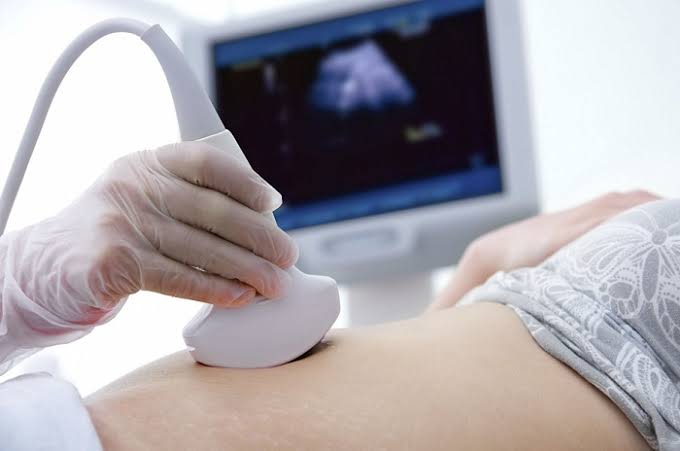Antenatal Clinic
The Antenatal clinic is responsible for taking care of expectant mothers.
The Unit is operational by a group of professional Nurses and midwifes who relentlessly ensure that every expectant mother that works into Premier Medical Services gets to know all it takes to be a successful mother.
During pregnancy, labour and the birth of a baby, a multidisciplinary team of midwives, obstetricians, maternity support workers, neonatologists and neonatal nurses will look after you and your baby.
While you are pregnant you will have regular appointments with a midwife,or one of our obstetricians.
If you have an uncomplicated pregnancy, you will normally be looked after by a midwife throughout your pregnancy, and you may also see one of the Doctors if he/she is sharing your care with our midwives.
Women with more complicated pregnancies may be seen by an obstetrician some or all of the time; these appointments always take place at the hospital antenatal clinic. Some women with uncomplicated pregnancies may also have appointments at the hospital antenatal clinic.
During your appointment, you will be assessed by a midwife, who may or may not need to involve a doctor in the consultation.
Your assessment could include:
- Observations, including your blood pressure, pulse and checking your urine
- Monitoring your baby’s heart rate
- Blood tests
- An additional scan being arranged
- (Mother’s) height and weight
- Collection of (mother’s) medical history
- Doppler fetal heart rate monitoring
- Pelvic exam
At the initial antenatal care visit and with the aid of a special booking checklist the pregnant women become classified into either normal risk or high risk.
Antenatal diagnosis or Antenatal screening is testing for diseases or conditions in a fetus or embryo before it is born. Obstetricians and midwives have the ability to monitor mother’s health and Antenatal development during pregnancy through series of regular check-ups.
Ultrasound Obstetric ultrasounds are most commonly performed during the second trimester at approximately week 20. Ultrasounds are considered relatively safe and have been used for over 35 years for monitoring pregnancy. Among other things, ultrasounds are used to:
- Diagnose pregnancy (uncommon)
- Check for multiple fetuses
- Assess possible risks to the mother (e.g., miscarriage, blighted ovum, ectopic pregnancy, or a molar pregnancy condition)
- Check for fetal malformation (e.g., club foot, spina bifida, cleft palate, clenched fists)
- Determine if an intrauterine growth retardation condition exists
- Note the development of fetal body parts (e.g., heart, brain, liver, stomach, skull, other bones)
- Check the amniotic fluid and umbilical cord for possible problems
- Determine due date (based on measurements and relative developmental progress)
Generally an ultrasound is ordered whenever an abnormality is suspected or along a specified schedule.
Our Antenatal Clinic holds on Fridays.
The Maternity/Gynecological Section handles normal deliveries, Caecerean Section, Fibroid Surgeries etc.

